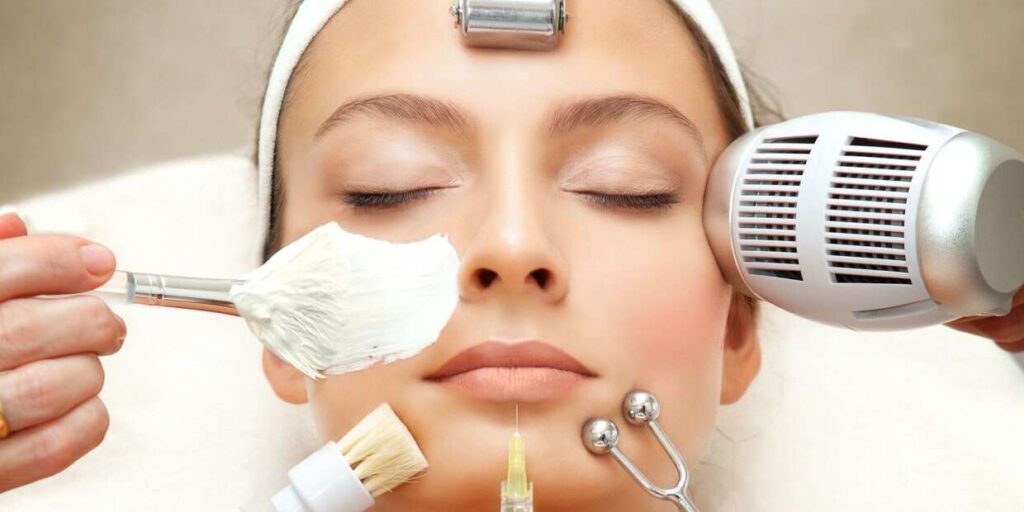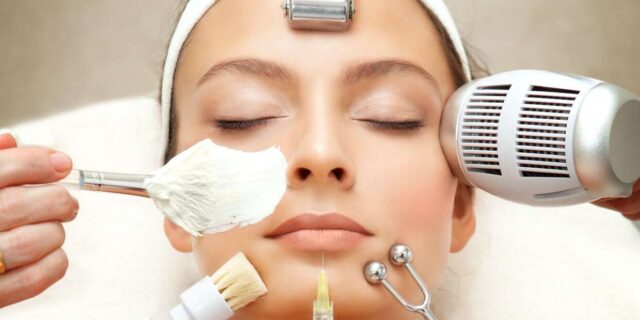By Patricia Aceng
Achieving a good and healthy skin is your personal responsibility. This results from your daily routine diet and other lifestyle habits.
Factors that affect the health of your skin include; nutrition, personal body hygiene, and other lifestyle habits like smoking.
Nutrition plays an important role in achieving a good and healthy skin. Every nutrient is important in the body, but there are macronutrients, micronutrients and nutritionally essential minerals that work together to maintain the barrier functions of skin in the face of everyday challenges.
Nutrients that promote good, healthy skin:
- Vitamin A and Zinc
Vitamin A is an essential nutrient for the skin as it helps support collagen production, controls Keratin production (keratin is the substance that make up most of our skin cells) and it helps to keep the skin strong. Vitamin A is largely dependent on our diet to source it and it rarely needs supplementation because it is readily available in a wide range of foods like fruits (Mangoes, oranges, papaya), vegetables (pumpkins, sweet potatoes, dodo) and animal sources like liver, eggs and milk.
Zinc
Zinc is crucial for the transportation of vitamin A, wound healing, sebum regulation and enzymatic activity that is the skin’s ability to shed off old skin cells. Zinc is commonly found in pumpkins, sea fish.
- Vitamin B complex
Vitamin B complex comprises of different forms like Vitamin B-1, Vitamin B-3, vitamin B-12, Vitamin B-6, many of which are essential for healthy skin.
Vitamin B complex is needed for the skin to be able to regulate cell turnover (cell production and cell destruction) and sebum production as well as efficiently utilise Essential fatty acids.
Sources of vitamin B are; Eggs, milk, cheese, nuts, liver and kidney, beef, chicken, fish, spinach, kale. - Vitamin C
Vitamin C is essential for supporting collagen production and wound healing in the skin. It is also an antioxidant that is responsible for fighting against free radicals hence a young and healthy skin.
Sources of vitamin C are; fresh fruit (guava, mangoes, oranges, bananas), vegetables (cabbages, tomatoes, dodo, pumpkin leaves). - Essential fatty Acids
These are essential for skin and brain health.
The skin needs essential fatty acids to be able to create an effective barrier to keep out different microbes and bacteria and keep your skin healthy, strong, hydrated and glowing. Sources are; nuts, avocados and oily fish. - Protein
Your body turns the proteins you eat into building blocks called amino acids and re-uses them to make other proteins, including the collagen and keratin that form the structure of the skin.
Amino acids also help slough off old skin. Sources of protein include; beef, chicken, fish, beans, cowpeas. - Vitamin E
Vitamin E is an antioxidant and anti-inflammatory and can also absorb the energy from ultraviolet light which damages the skin and leads to wrinkles, sagging and skin cancer.
It works with vitamin C to strengthen cell walls. Vitamin E is found in vegetables, fruits and seeds.

Other factors
- Stay away from sun
One of the most important ways to take care of your skin is to protect it from the direct sun rays.
A lifetime of sun exposure can cause wrinkles, age spot and other skin problems as well as increased risk of skin cancer.
For complete sun protection, wear protective clothing, seek shade, and use sunscreen. - Do not smoke
Smoking makes your skin look older and contributes to wrinkles.
Smoking narrows the tiny blood vessel in the outermost layers of the skin, hence decreasing the blood flow and makes the skin paler. It also depletes the skin of the oxygen and the nutrients that are important for skin health.
Smoking also damages the fibers that give your skin strength and elasticity (collagen and elastin). It also increases the risk of squamous cell skin cancer. - Treat your skin gently
Daily cleansing and shaving can take a toll on your skin.
To keep it gentle, avoid strong soap, shave carefully, avoid hot water and long showers because these remove oil from your skin, pat dry your skin after bathing with a clean towel and moisturise your skin if it is dry. - Manage stress
Uncontrolled stress can make your skin more sensitive and triggers acne breakouts and other skin problems.
To encourage a healthy skin and state of mind, take steps to manage stress like having enough sleep, set reasonable limits for yourself, do physical exercises, scale back your to- do list and take time to do the things you enjoy.
The writer is a professional nutritionist & dietitian.
email: favouredpatricia2017@gmail.com
+++++++++++++++++++++++++++++++++++++++++
Subscribe to our website and be the first to receive great Christian news, health information, pastoral guidance, environment, farming and many others. Also, Like and follow us on Facebook at Good News UG.






















